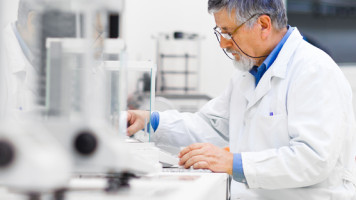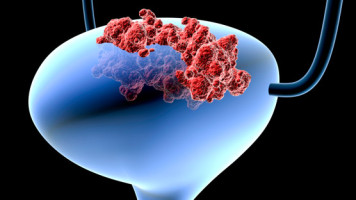What Is Epididymitis?
Epididymitis is an inflammation of the epididymis. The epididymis is a tube located at the back of the testicles that stores and carries sperm. When this tube becomes swollen, it can cause pain and swelling in the testicles. Epididymitis can affect men of all ages, but it’s most common in men between ages 14 and 35. It’s usually caused by a bacterial infection or a sexually transmitted infection (STI). The condition usually improves with antibiotics.
Types of Epididymitis
Acute epididymitis is inflammation of the epididymis, causing pain and swelling of the scrotum. Most cases are caused by sexually transmitted bacterial infections occurring in men age 19 to 35 years old.
Chronic epididymitis refers to inflammation characterized by persistent testicular pain in the absence of scrotal swelling. This condition is usually more difficult to treat and may result in long-term pain.
Symptoms & Causes
Epididymitis may begin with only a few mild symptoms. When it’s left untreated, however, the symptoms tend to get worse. People with epididymitis may experience:
- low-grade fever
- chills
- pain in the pelvic area
- pressure in the testicles
- pain and tenderness in the testicles
- redness and warmth in the scrotum
- enlarged lymph nodes in the groin
- pain during sexual intercourse and ejaculation
- pain during urination or bowel movements
- urgent and frequent urination
- abnormal penile discharge
- blood in the semen
Epididymitis is most often caused by the spread of a bacterial infection. Infection often begins in the urethra, the prostate, or the bladder. Gonorrhea and chlamydia infections are most often the cause the problem in young heterosexual men. In children and older men, it is more commonly caused by E. coli and similar bacteria.
Diagnosis
Your doctor will ask questions about your medical history, surgical history and sexual activity. He or she then will examine you, including your genital area. You may also need to undergo one more of the following tests:
- Urinalysis – A chemical analysis of urine.
- Urine cultures – These determine whether bacteria are present in the urine, indicating a possible UTI.
- Laboratory tests – Of fluid taken from inside the urethra or of discharge from the penis.
- Blood tests – To check for signs of infection, including STDs.
- An ultrasound might be performed to check for other scrotal conditions like testicular torsion, abscess, or tumor.
Treatment For Epididymitis
Treatment often starts with a 1-2 week course of antibiotics. Most cases can be treated out of the hospital with pills. Your sexual partners should also be treated and you may need pain medicines and anti-inflammatory medications. The best medicine for you will depend on the type of bacteria found. The most common antibiotics used to treat epididymitis are:
- Doxycycline
- Ciprofloxacin
- Levofloxacin
- Trimethoprim-sulfamethoxazole
With appropriate treatment, the pain associated with epididymitis usually improves within 1-3 days. However, some symptoms may take several months to resolve. In some cases, further treatment techniques are required. This may include draining of pus with a needle if an abscess forms or surgical procedures in severe cases.






